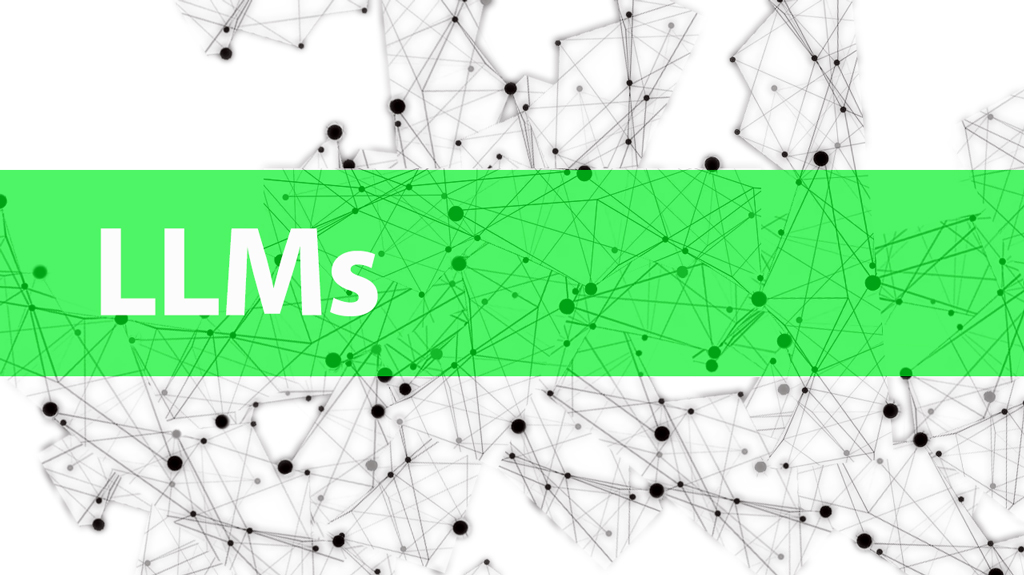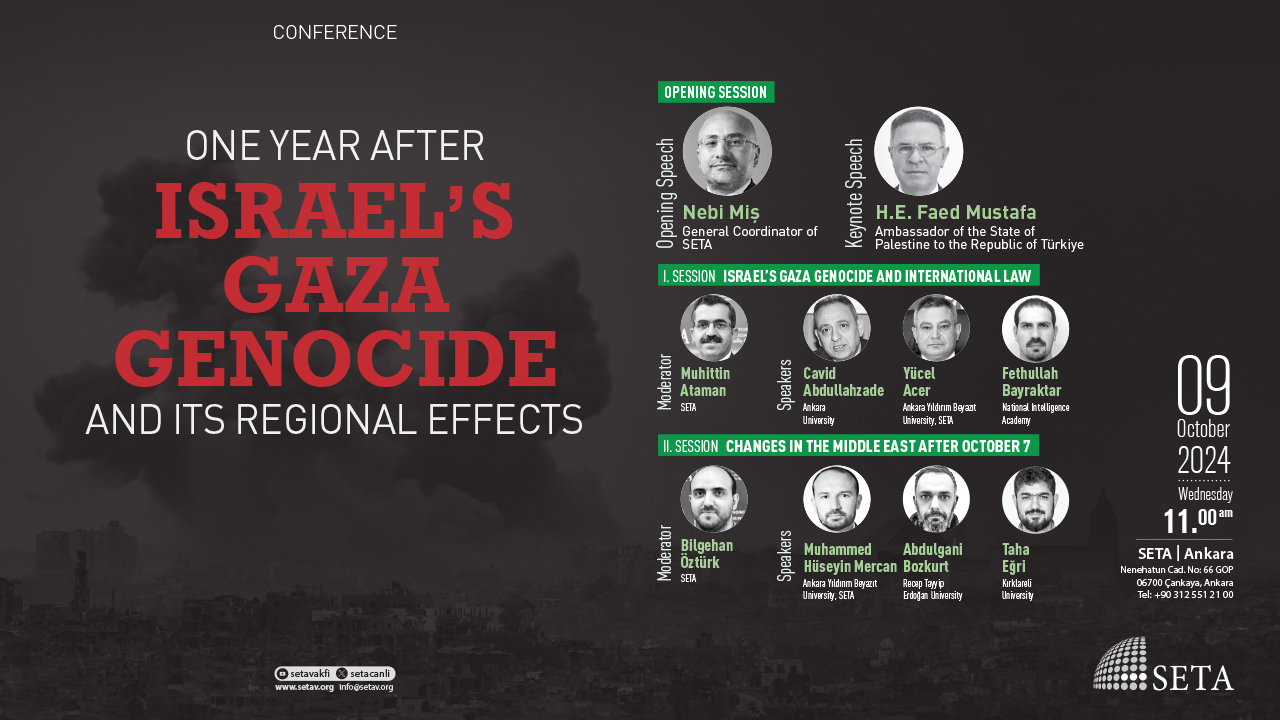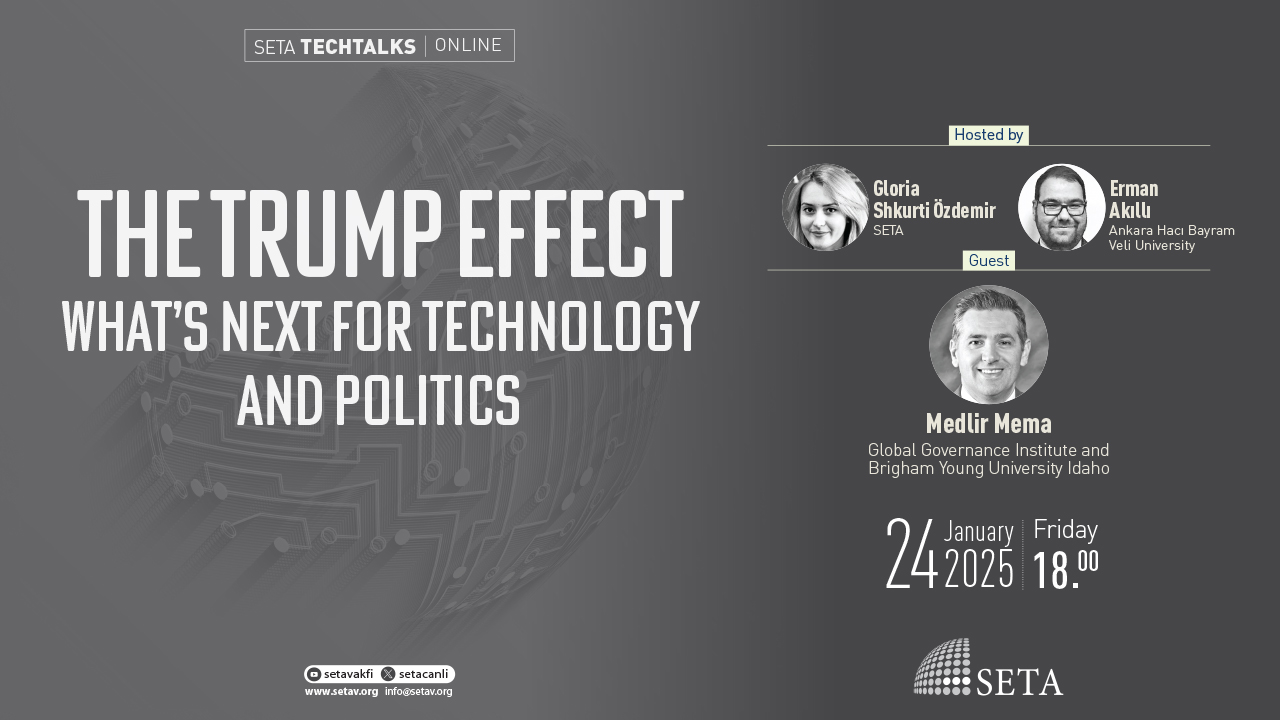
Promise of the LLMs: The Good, the Bad, and the Ugly
How can Large Language Models (LLMs) enhance diplomacy, international cooperation, and economic productivity? What are the potential risks and challenges associated with the deployment of LLMs in military and diplomatic decision-making? What legal and ethical considerations arise from the widespread use of LLMs, and how can these be addressed?
INTRODUCTION
The international system has traditionally evolved in response to significant historical ruptures. The COVID-19 pandemic, which emerged in late 2019 and had widespread global effects, exemplifies such a rupture. Unlike previous historical events, the pandemic introduced unprecedented measures, including widespread quarantines and border closures. This period saw the resurgence of realpolitik in international relations, where national interests often overshadowed alliances, particularly within the European Union.
The COVID-19 pandemic significantly accelerated the digitalization of daily life. Activities across various sectors – education, commerce, retail, and health care – were conducted online. This rapid digital transformation, facilitated by the pandemic, underscores
the increasing importance of data in the international system. The rise of technologies such as big data, the metaverse, and especially artificial intelligence (AI), highlights data as the “new oil” of our era, a critical resource in the global arena...
Click here to view the study.
Tags »
Related Articles








